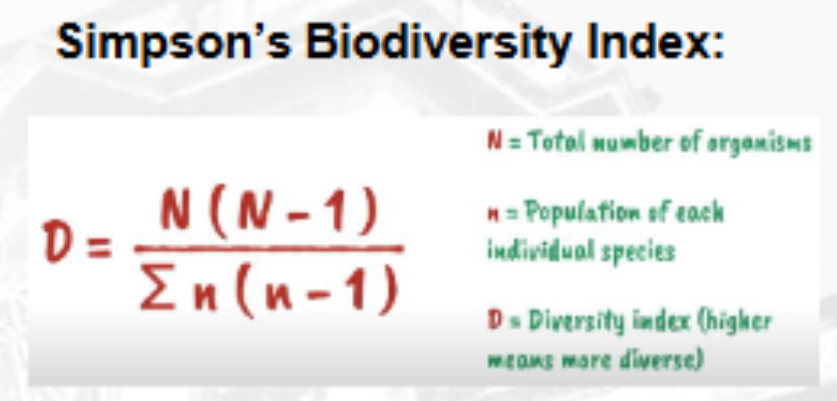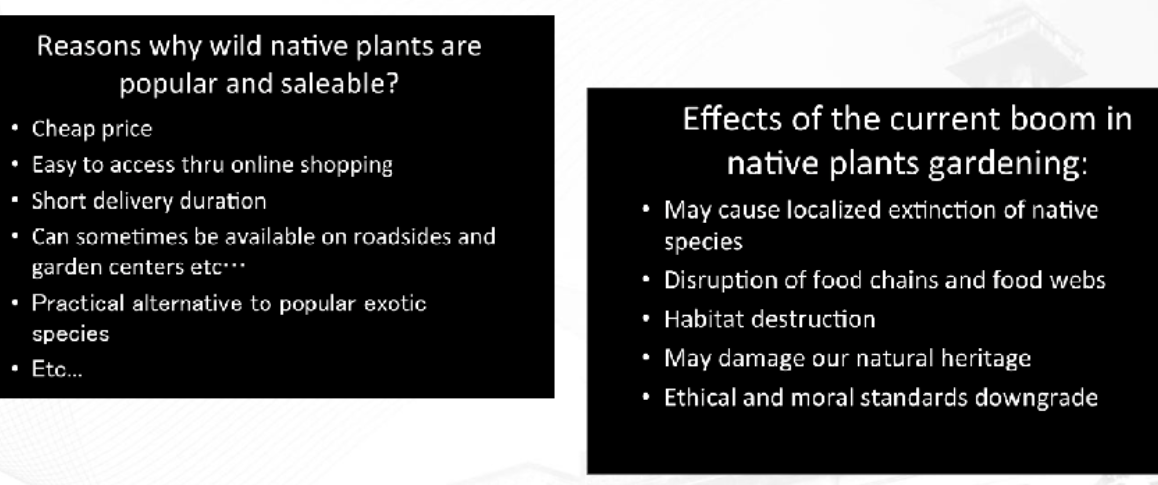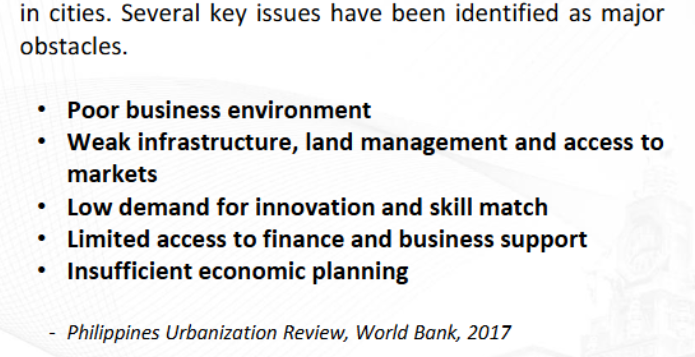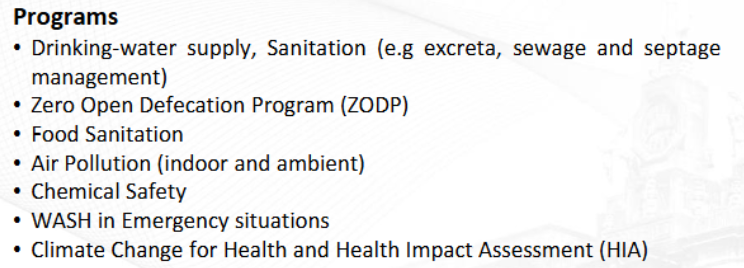STS Quiz 4
1/19
Earn XP
Description and Tags
assa
Name | Mastery | Learn | Test | Matching | Spaced | Call with Kai |
|---|
No analytics yet
Send a link to your students to track their progress
20 Terms
biodiversity
variation of life, measure of health in biological systems, protection of this is important in animal health and welfare
ecosystem diversity
level of biodiversity talks abt habitats and interactions

species diversity
level of biodiversity that talks about different kinds and relationships of organisms, dapat high richness and high evenness
genetic diversity
level of biodiversity that talks about diff gene combinations
estimated 100M
1.7-2M species are discovered, how many total species are there
diverse habitats
has diff physiochemical/climatic conditions, drive evolution and contribute to endemicity
provisioning, regulating, cultural and aesthetics, and supporting
ecosystem services
bees pollinating, predators hunting, coral reefs as habitat, culture heritage (national symbols)
examples of ecosystem services
anthropogenic impacts
there are hunting, overharvesting, pollution, etc.

buying of native plants during COVID-19
example of anthropogenic impact in ph
food production, health research, emergence of disease, climate change
consequences of biodiversity loss
Office International des Epizooties
old name of World Organisation of Animal Health
transparency, research, solidarity, world trade, veterinary, safety
mission of WOAH
Philippine Biodiversity Strategy and Action Plan (PBSAP)
vision is to restore, rehabilitate, value, manage, secure, and maintain ecosystem services to sustain resilient PH communities
we share microbes as we share ecosystem
our relationship with animals
poor environmental quality
lack of safe space, poor air/water qual, lifestyle changes

urbanization
process of people becoming permanently concentrated in small areas, forming cities
climate change
complex shifts now affecting planet’s weather and climate systems, subject to variable weather patterns
Philippines
country most at risk from climate crisis reported by Institute for Economics and Peace 2019

National Environmental Health Action Plan (NEHAP)
env health related diseases are prevented and no longer a problem, guaranteeing env sanitation